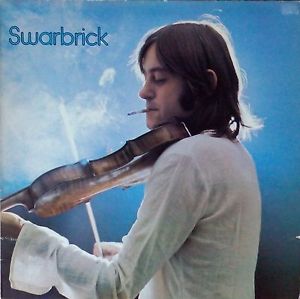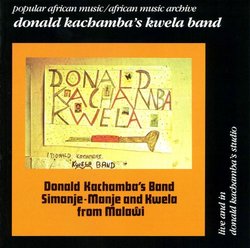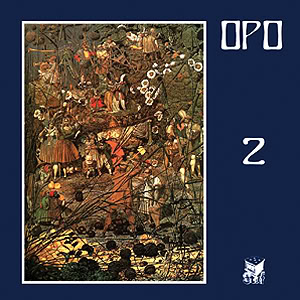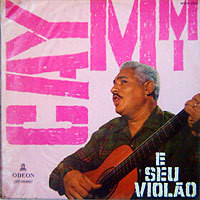
The fiddle of London-born Dave Swarbrick sounds like the very essence of the sixties-and-beyond British folk revival. He made it sing with a distinct combination of wisdom, lamentation, and (especially) humor, and fiddlers have been using his sound as a role model for half a century now. Although he was among the first to plug into an amplifier and breathe fire as he would do alongside Richard Thompson in Fairport Convention, the Dave Swarbrick identifier that might open the ideal playlist is this 1976 instrumental version of “Byker Hill.” It’s a 9/8 reinterpretation of a miner song that he and Martin Carthy had originally recorded with vocals in 1967, but this one, from his solo debut LP Swarbrick, gambols and spins so effortlessly that even though it clocks in at five minutes — twice the time of the earlier version — it could go on for another ten or fifteen minutes and you’d be too entranced to notice.









